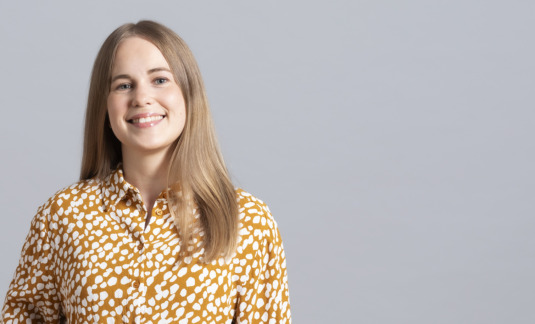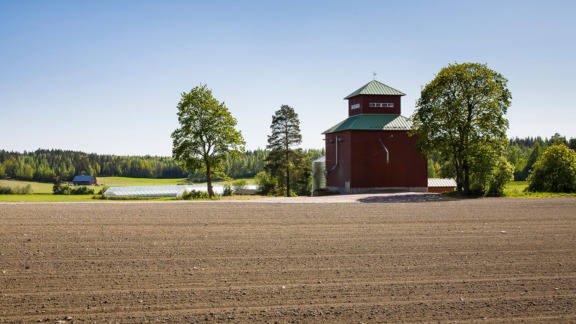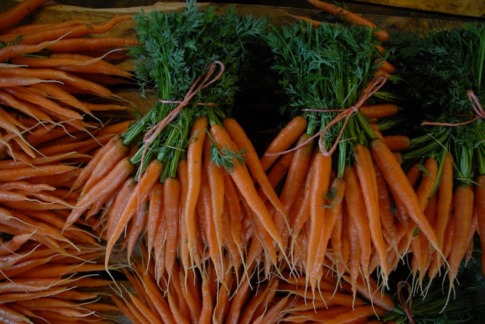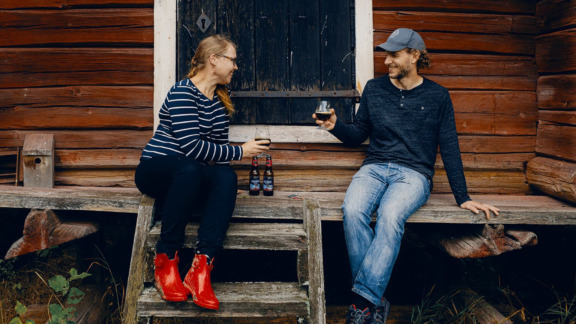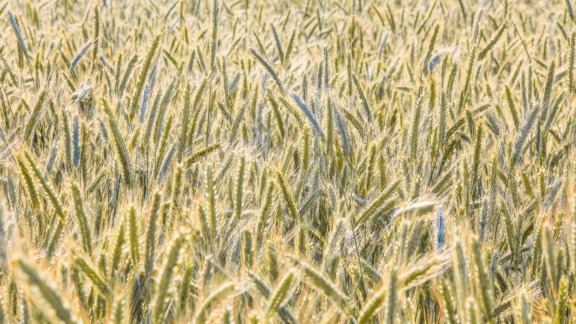UPM – Towards reduced water impacts from forestry
Baltic Sea Commitment, Forestry, Ship Waste Action
15 years of cooperation around topics such as chemicals management and cargo ship wastewater. In 2025, the cooperation expanded to the water impacts of forest management.
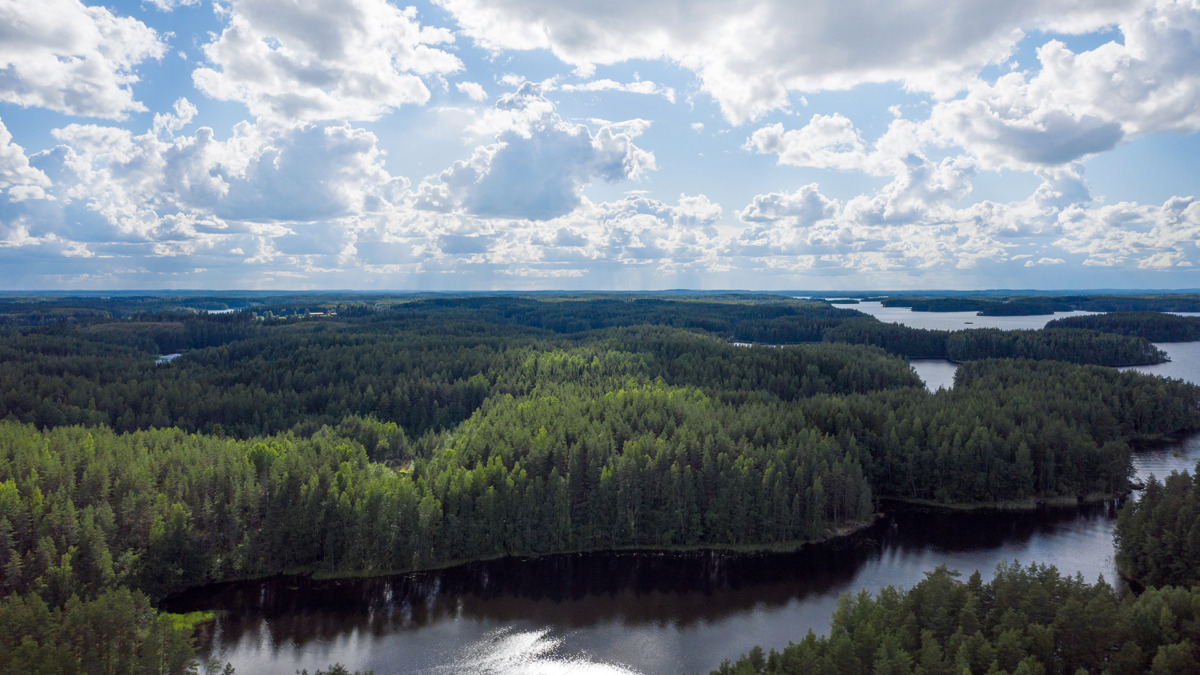
Wide-ranging cooperation since 2010
UPM has been cooperating with BSAG since 2010. Work for the Baltic Sea has been done in many areas: UPM has funded research, voluntarily phased out several chemicals and increased the use of recycled nutrients in its wastewater treatment plants.
In 2025, UPM will have two separate Baltic Sea Commitments in force, one on discharging cargo ship wastewater ashore and the other, cooperation launched in 2025, on forestry water discharges and supporting forestry research.
Supporting forestry research
Forestry is a significant source of water body contamination, and Finns are pretty familiar with phenomena such as darkened water bodies. As part of its Baltic Sea Commitment, UPM is offering test plots from its forests for research coordinated by the University of Helsinki.
The study aims to find concrete ways to reduce water and climate emissions in forests. The research will play a crucial role in identifying more sustainable forest management methods, which can ultimately be implemented.
Practical changes to forest management measures
Changes to forest management measures can have a significant effect on the water impacts of forestry. UPM is developing these measures together with BSAG as part of its Baltic Sea Commitment.
The aim is to target changes to the most influential day-to-day forest management decisions, such as which tillage method to choose, when to harvest and where to drive the forest machine. The aim is to spread better practices from UPM-owned forests to privately owned forests.
Wastewater out of the Baltic Sea and into use
UPM was the first Finnish charterer to commit to BSAG’s Ship Waste Action initiative and, as a result, to discharge its cargo ship wastewater ashore from spring 2022.
UPM aims to utilise the nutrients in cargo ship wastewater within its own wastewater treatment facilities and to produce bioenergy.
While factory-produced nutrients are often used in the treatment of forest industry wastewater, UPM aims to source all nutrients from local sources close to its facilities. Wastewater from cargo ships also serves as a raw material for the company.
Biochar research and reducing the use of harmful chemicals
UPM and BSAG’s long-standing cooperation began in 2010 when the forestry company funded research at the University of Helsinki on the suitability of biochar for filtering agricultural run-off water. In the following years, the cooperation expanded to the topic of reducing harmful chemicals.
UPM aimed to reduce the use of harmful chemicals in its production chain. After investigating the used chemicals, UPM took the initiative to eliminate several chemicals from use that were later also banned by law. The impact of the reduction in chemical use extended down the supply chain to subcontractors, who developed products better suited to their customers and the environment.
The cooperation between UPM and BSAG is an excellent example of long-term and wide-ranging work, which has succeeded in improving practices and finding new solutions. The Commitments have addressed key issues of importance to the Baltic Sea, including harmful chemicals, nutrient recycling, and marine wastewater. Naturally, the next theme was found on the forest side.
Sami Lundgren, Sustainability Director, UPM
CONTACT US
